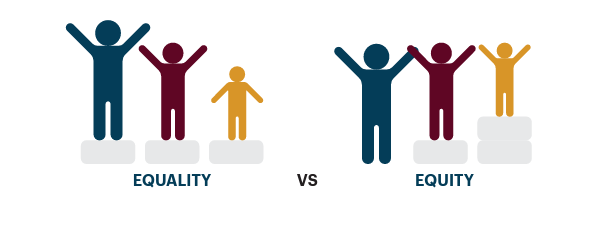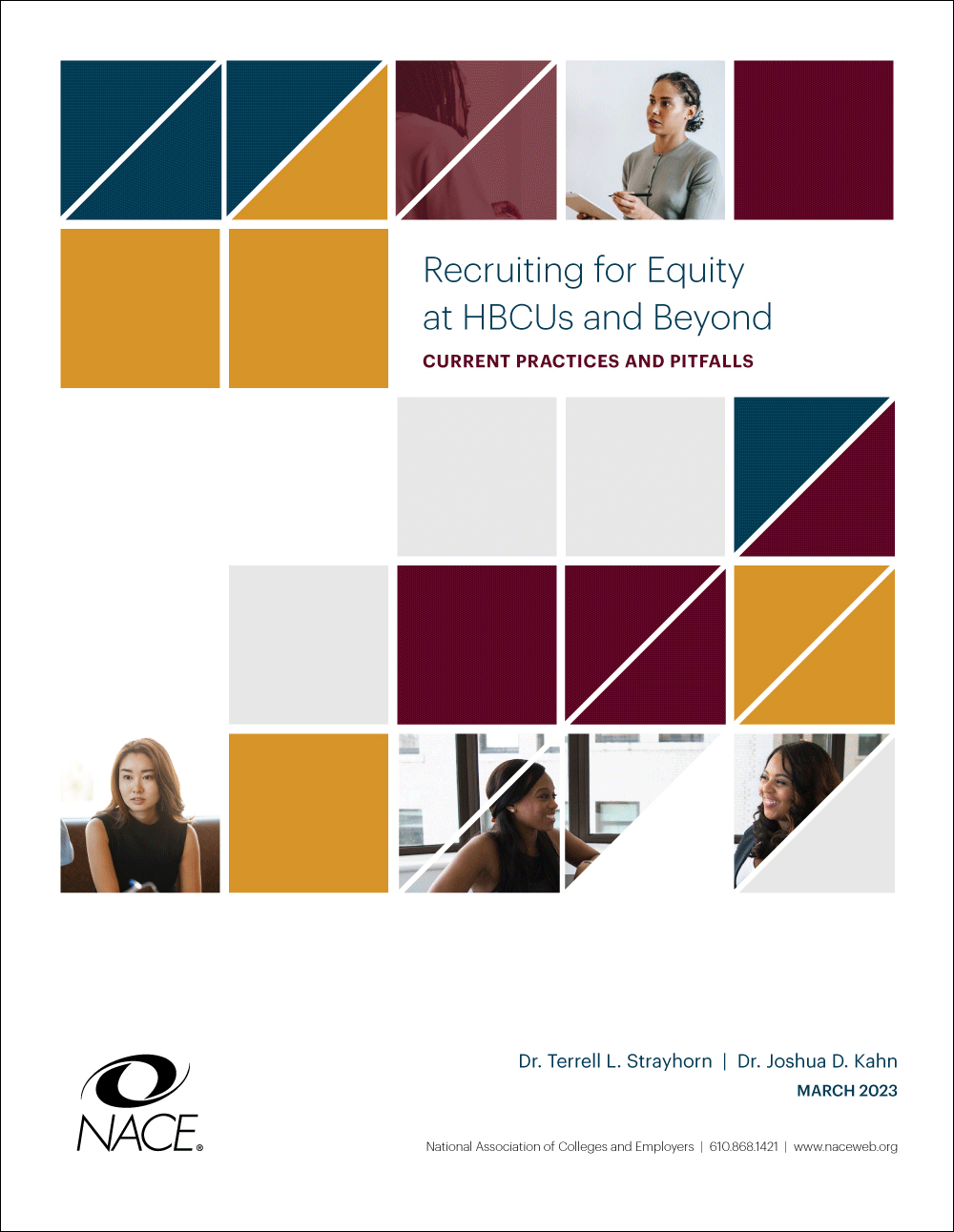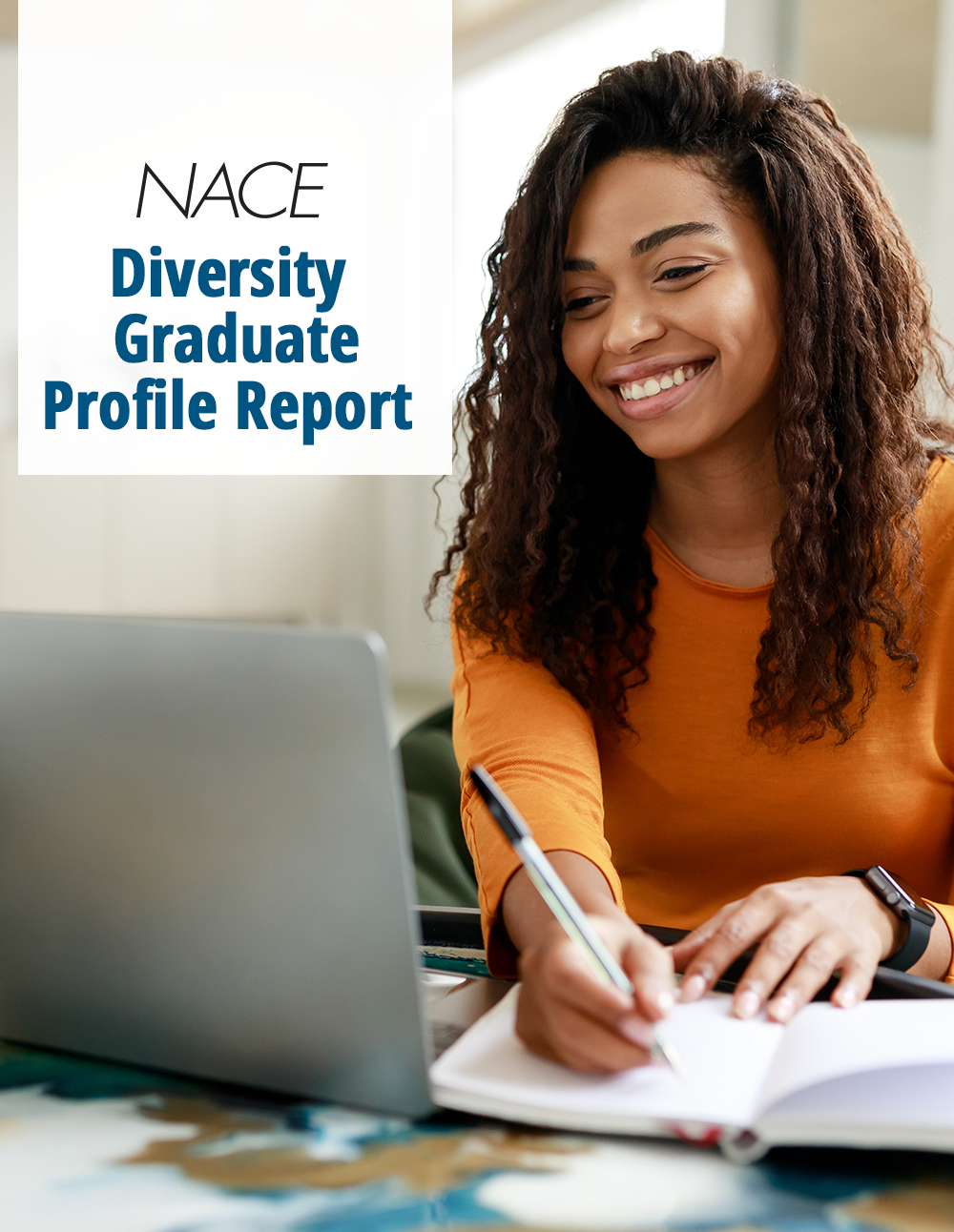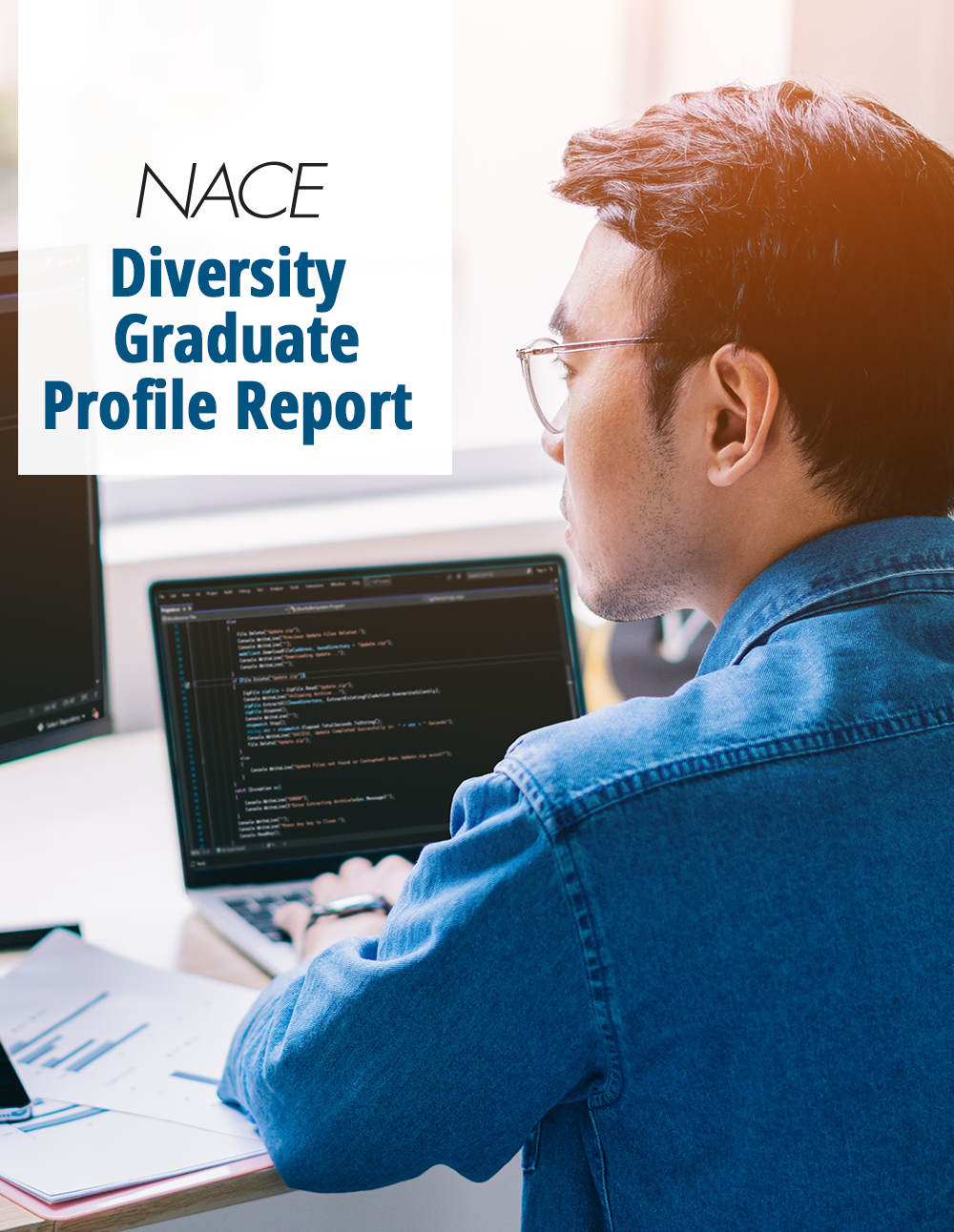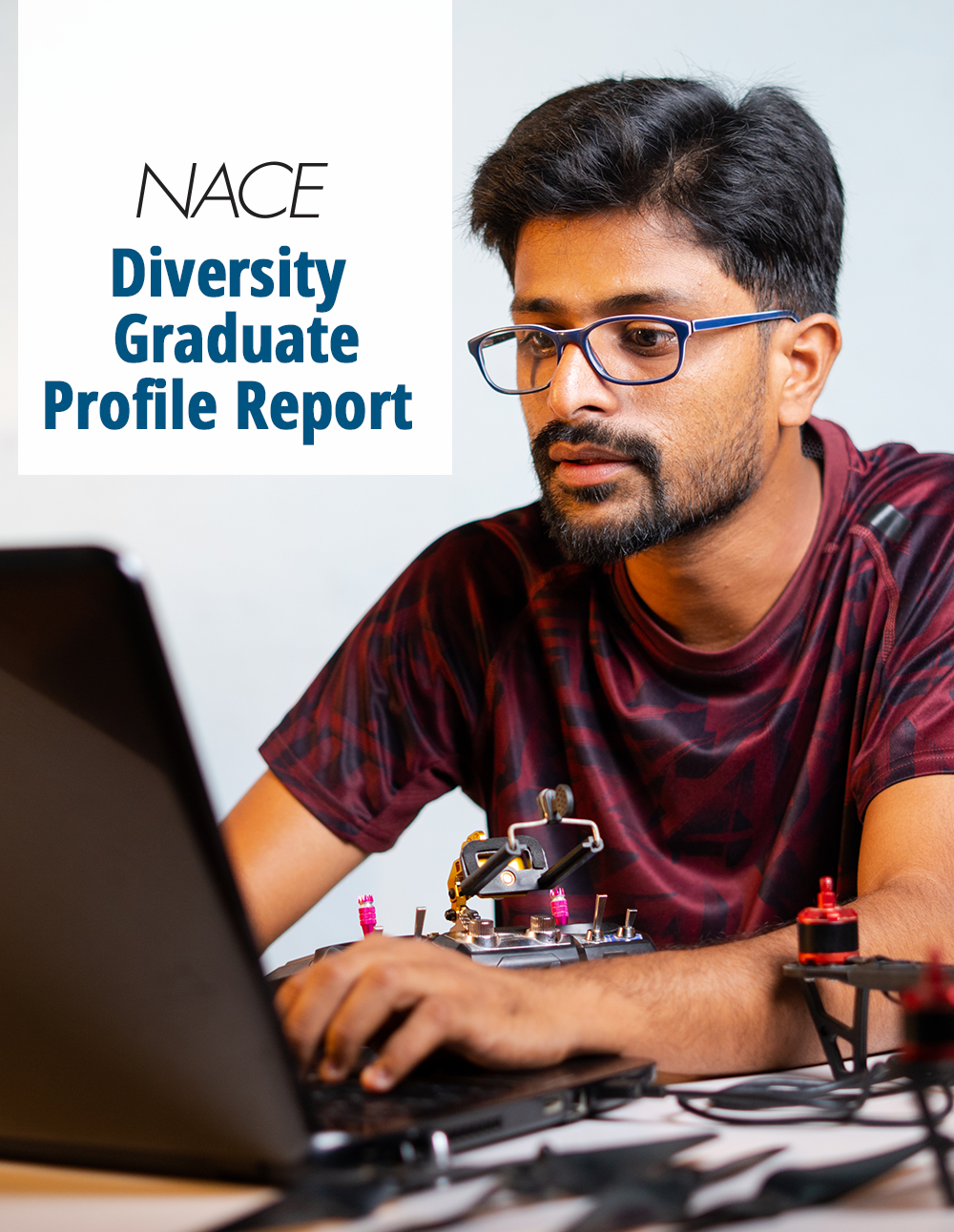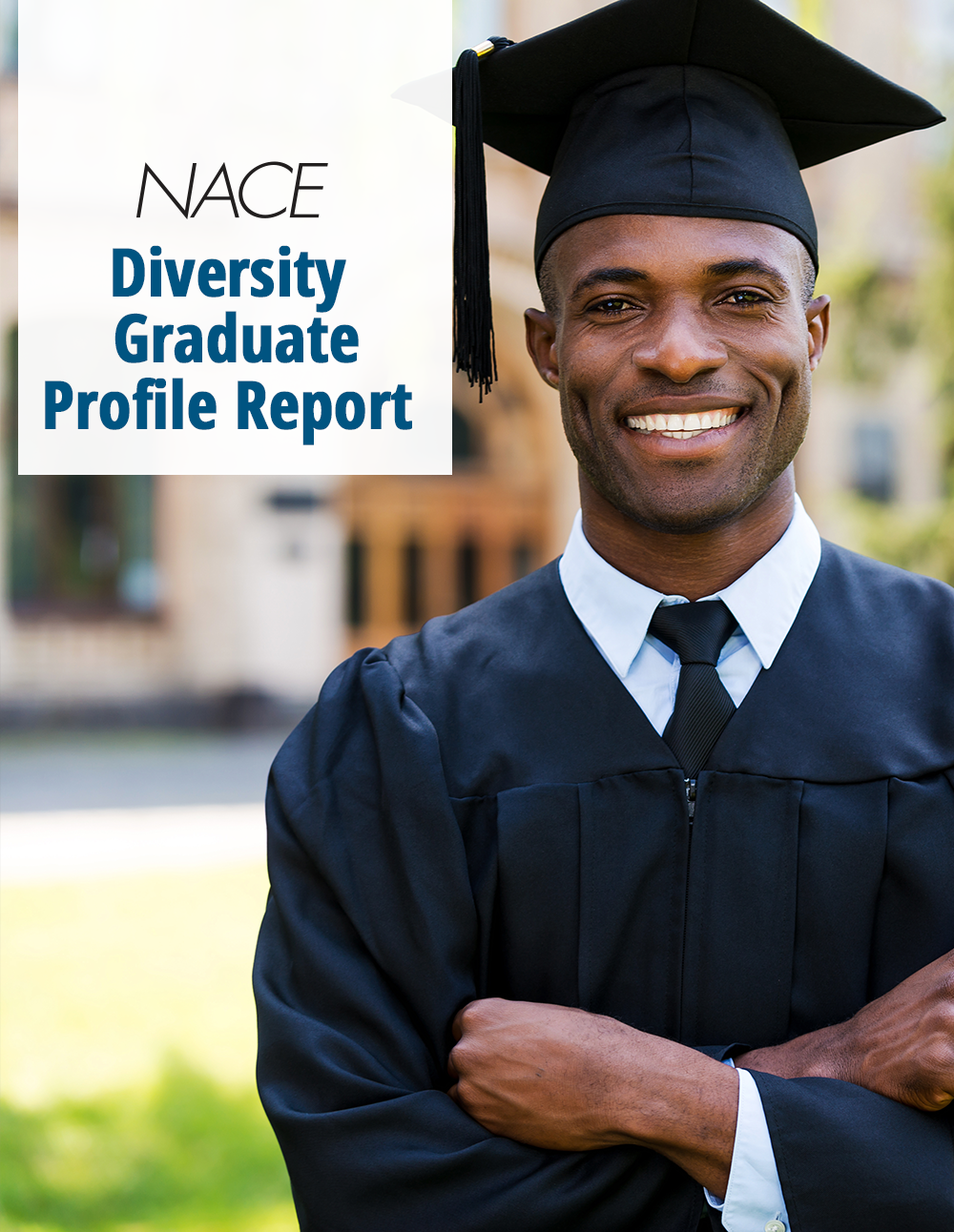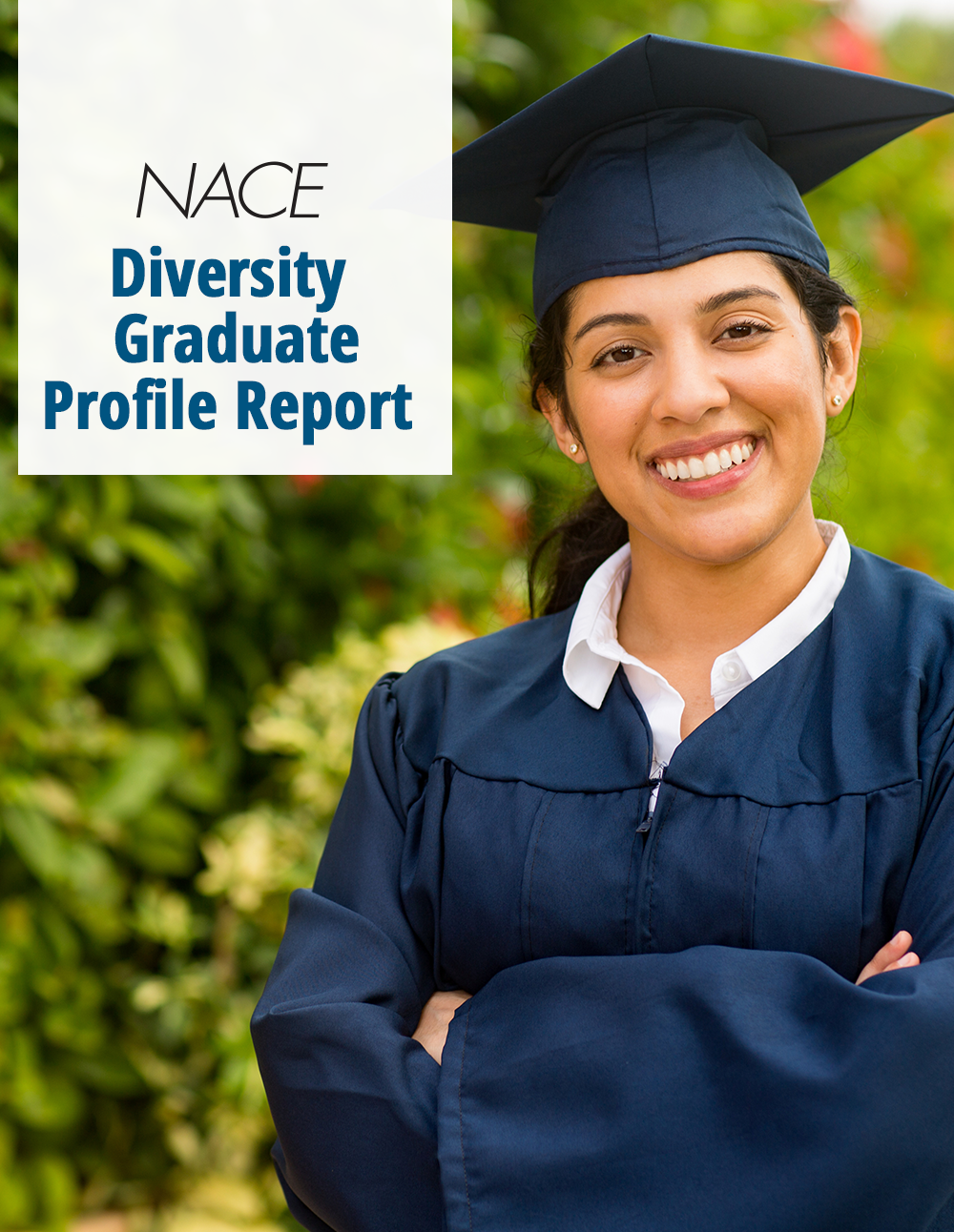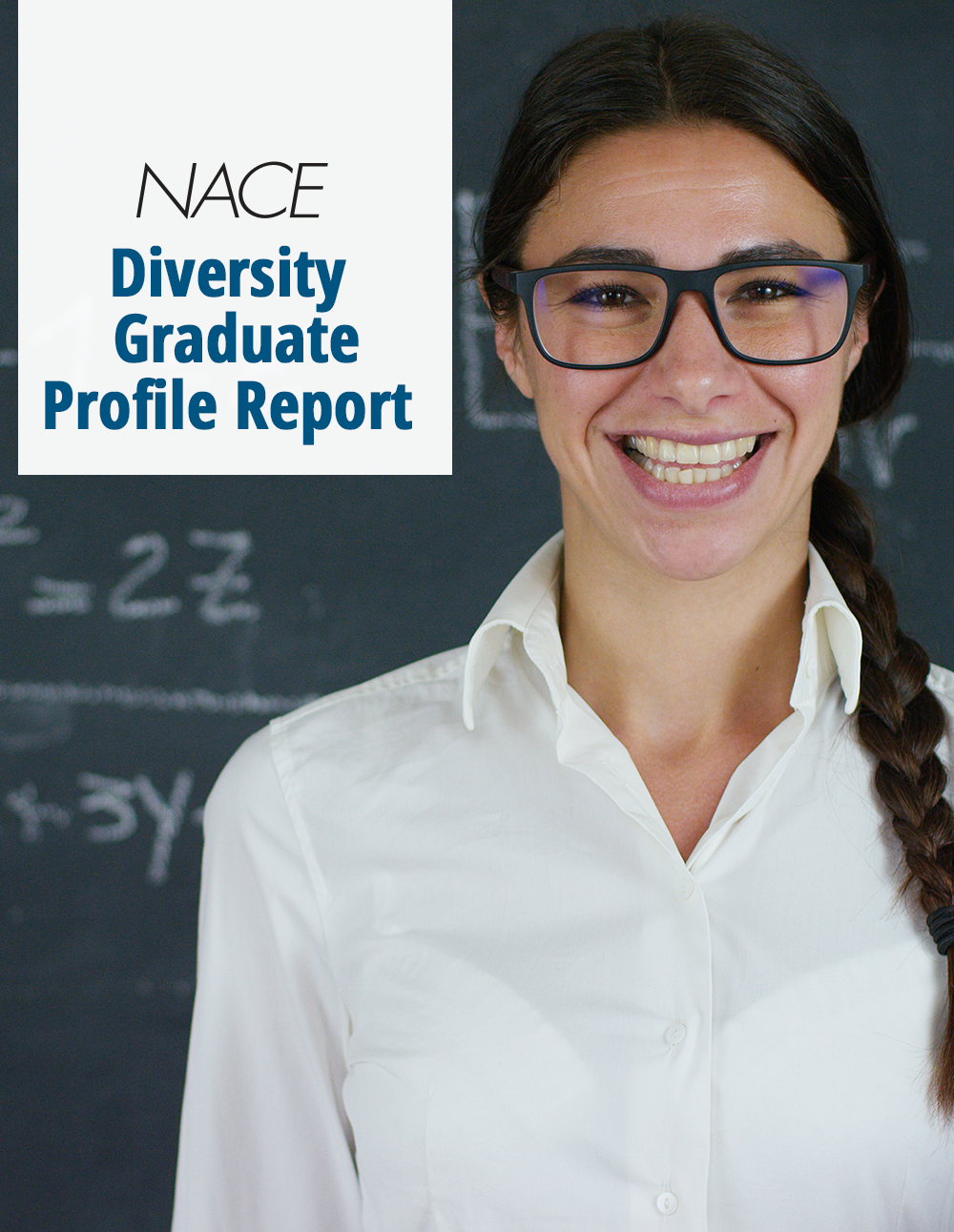Spotlight for Career Services Professionals
Spotlight for Recruiting Professionals
Virtual recruiting provides a better job-search experience for historically marginalized populations than in-person recruiting, according to results of the NACE 2021 Student Survey, making it a viable tool for employers that want to develop a wider, more diverse pool of candidates.
Overall, Black, Hispanic, female, and first-generation college students taking part in the survey indicated that they learned more, got a more authentic view of the potential employer, and had better interactions with employer representatives in the virtual world than in in-person encounters. For example, 71% of Black students and 61% of Hispanic students said they learned more about the hiring organization through virtual interactions, compared to 49% of white students.
Virtual recruiting may also help employers address other obstacles to an inclusive workforce, including inequities in paid internships. The disparity was first surfaced through NACE’s 2019 student survey; the 2021 survey found that women, communities of color, and first-generation students continue to be underrepresented in paid internships.
The paid internship is often the entry point to the job market, giving students who secure them a head start in their career path; underrepresented students are not getting the same career start, which feeds the cycle of inequity. Virtual recruiting may provide a means for employers to develop a wider, more inclusive pool of candidates for internships.
The NACE 2021 Student Survey was conducted February 17, 2021, to May 14, 2021, through college career centers that hold membership in NACE. More than 15,000 students at the bachelor’s degree level and above responded. Results regarding virtual recruiting are based on responses from more than 2,800 undergraduates who engaged in virtual recruiting activities and provided their demographic details; internship results are based on responses from approximately 1,500 graduating seniors who provided data about their internship status, gender, race/ethnicity, and first-generation student status.
Analysis into the survey’s data is available through two special reports: NACE Brief: Virtual Recruiting and NACE Brief: Inequity in Internships. Each includes recommendations for acting on the findings. Members can access both briefs through MyNACE > Research Reports. Additional information about the NACE 2021 Student Survey can be found at www.naceweb.org/studentsurvey.
